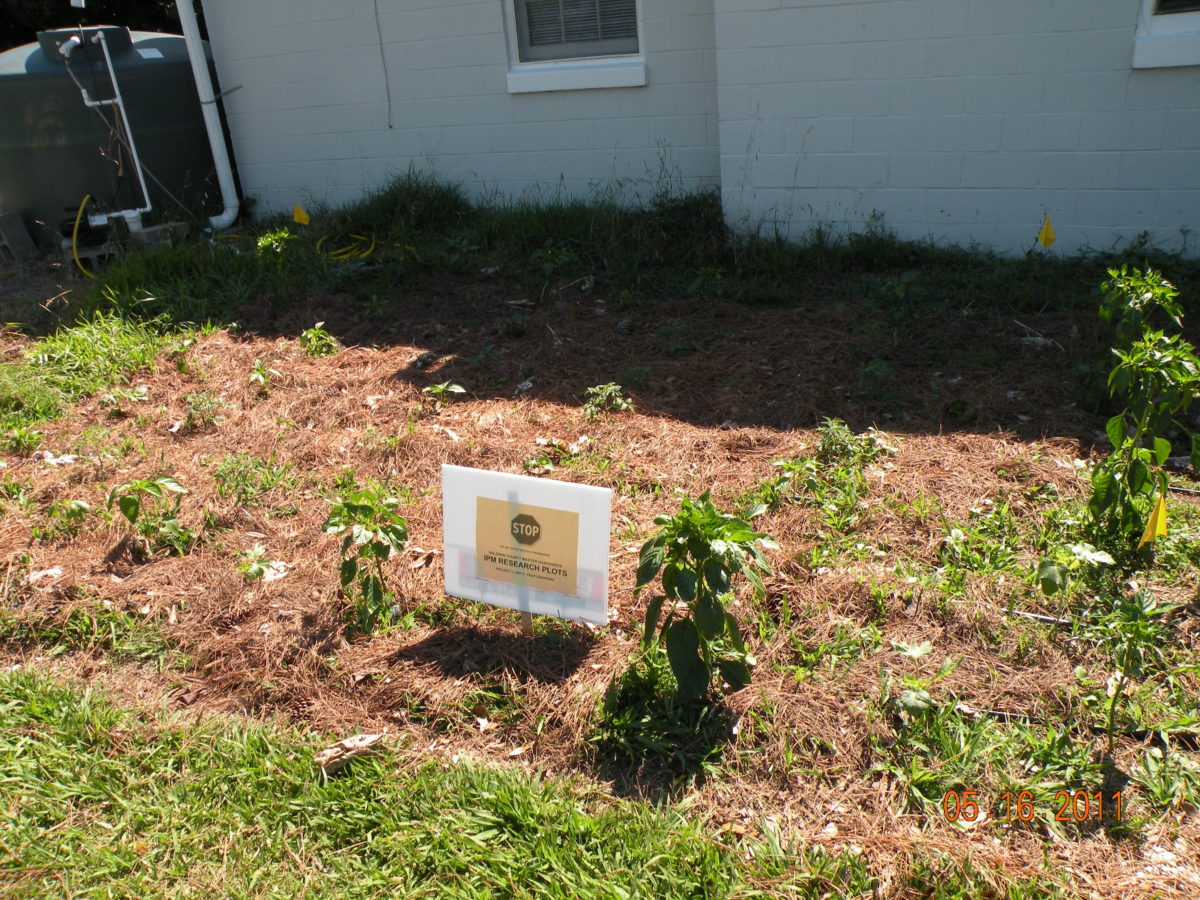Water is one of the most critical issues in the modern agricultural world. “We need to conserve water,” says Ayanava Majumdar, an Extension entomologist for the Alabama Cooperative Extension System.
Majumdar has been looking at how irrigation can impact pest management. “Irrigation is related to plant health, which is related to … pests and how well your plants resist those pests,” he says.
According to Majumdar, there are ways to smartly manage an irrigation system while reaping pest management benefits. He advises growers to stay away from flood irrigation because it tampers with the topsoil, affects soil nutrients and is not good for plant roots.
Sprinkler irrigation systems yield mixed results when it comes to plant health. Sprinkler systems can dislodge insects from leaves. When leaves are wet from the sprinkler, spider mite infestation is less likely. However, there are some cons to sprinkler systems, including increased risk of foliar diseases.
“The sprinklers put the water on the vegetable leaves, and that’s a danger because those leaves can get infected (with disease),” Majumdar explains. Furthermore, the splashing water can move fungal spores from infected plants, and those spores can land on healthy plants. Overall, Majumdar advises against using sprinkler irrigation systems.
He strongly recommends using a drip irrigation system. “Under irrigation is always better,” Majumdar says. Drip irrigation is especially beneficial to organic growers using insecticides and fungicides. When using drip irrigation, the leaves are not getting wet, which allows those sprays to stay on the leaves longer.
For conventional growers, drip irrigation adds another benefit. If the grower is using any systemic chemical insecticides, those chemicals can be injected directly into the drip line. “That reduces the need for overhead chemical application,” Majumdar says.
He also recommends using mulch to cover the drip lines. By using mulch, soil moisture can be conserved, and soil erosion can be avoided. “So, even if you overwater, you can have that mulch retain that water,” Majumdar explains. Mulch can also reduce the chance of pesticide runoff.
Hear Majumdar’s comments:
Share this Post











